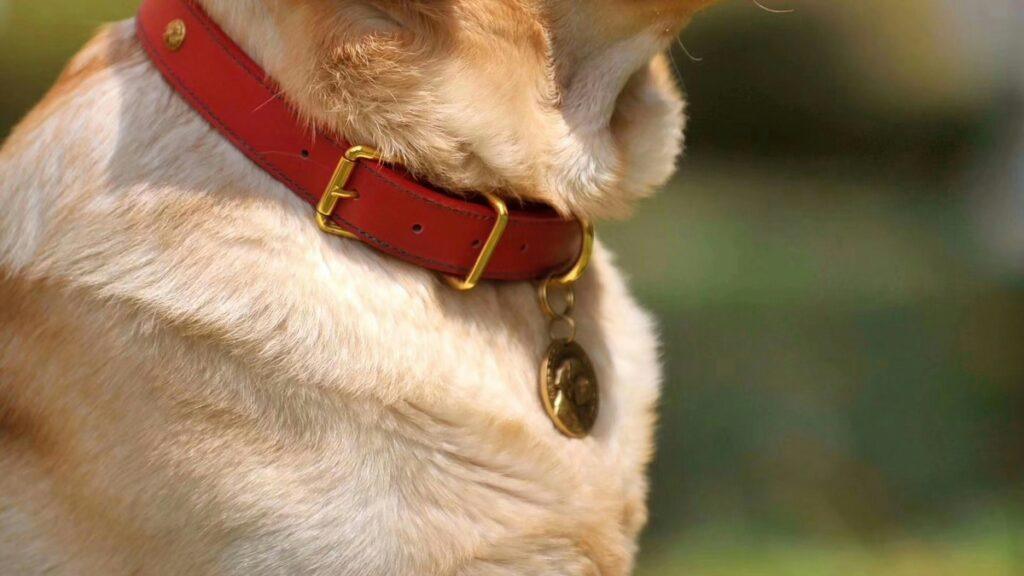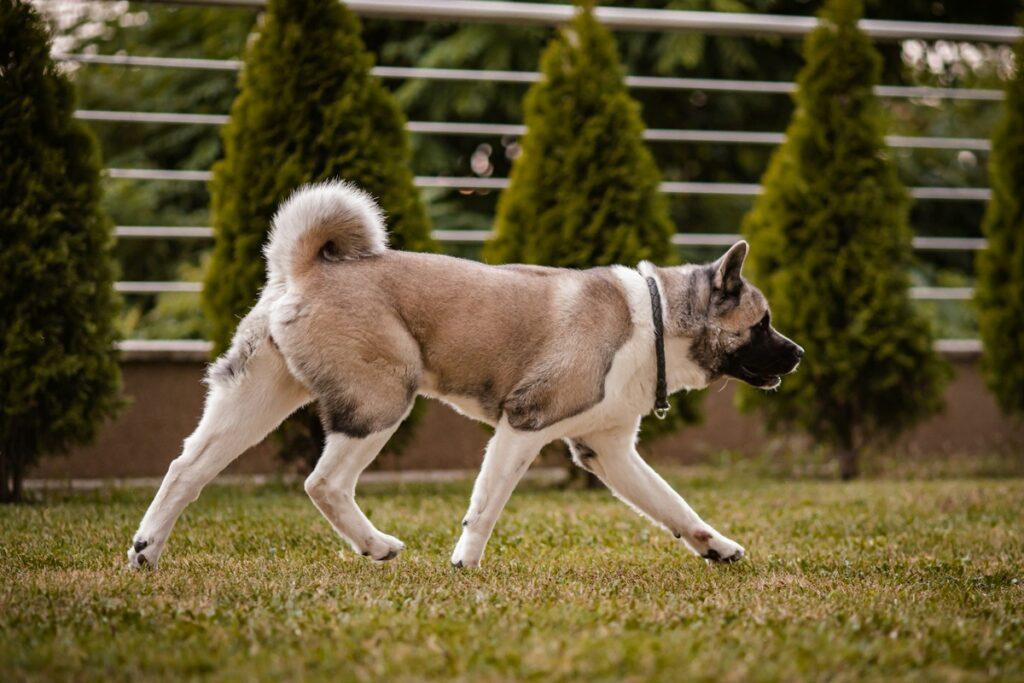Best dog collars for dogs with sensitive skin are essential for keeping your pup safe and comfortable. If your dog scratches frequently around the neck or develops redness or irritation from regular collars, it might be time to switch to a hypoallergenic, soft, and skin-friendly option. In this guide, we’ll explore the top features to look for, why some dogs develop skin sensitivities, and how to choose the right collar for your pup’s unique needs.
Table of Contents
- Why Do Some Dogs Have Sensitive Skin?
- How Regular Collars Can Cause Problems
- What to Look for in Dog Collars for Sensitive Skin
- Best Collar Materials for Sensitive Skin
- Top Collar Recommendations (Without Affiliate Links)
- How to Care for Your Dog’s Collar and Skin
- FAQ
Why Do Some Dogs Have Sensitive Skin?
Dogs with sensitive skin may react to materials, friction, moisture, or allergens. Certain breeds, like Bulldogs, Boxers, and Pugs, are more prone to skin issues, but sensitivities can also develop due to:
- Allergic reactions to fabrics or dyes
- Heat and sweat buildup under the collar
- Rubbing and friction on short-haired dogs
- Underlying skin conditions like dermatitis or yeast infections
Learn more about common skin problems in dogs to identify other signs your pup might be struggling with sensitivity.
How Regular Collars Can Cause Problems
Standard nylon or leather collars may trap moisture or cause friction that leads to irritation. Dogs with allergies or dry skin may develop redness, flaking, or even bald patches in the neck area if the collar rubs constantly or doesn’t fit properly. This is why hypoallergenic dog collars are a better solution.
For dogs with chronic skin discomfort, it may also be useful to look into natural skin remedies to aid recovery alongside collar changes.
Best Dog Collars for Dogs with Sensitive Skin: What to Look For
- Soft padding: Materials like neoprene or microfiber reduce friction
- Breathable design: Prevents moisture buildup
- Hypoallergenic material: Avoids dyes, chemicals, and rough textures
- Proper fit: Not too tight or too loose; should allow two fingers between collar and neck
- Adjustability: Flexible sizing helps avoid pressure points

Top Features of the Best Dog Collars for Dogs with Sensitive Skin
The safest materials for dogs with sensitive skin include:
- Neoprene (soft and water-resistant)
- Organic cotton or bamboo fabric
- Silicone or biothane (for odor-free, non-porous collars)
- Microfiber with mesh padding
Top Collar Recommendations
Here are a few brands and models commonly recommended by vets and pet owners. (Note: No affiliate links are used in this list.)
- Soft Touch Collars – Padded leather option with real sheepskin lining
- RC Pets Primary Collection – Lightweight, soft polyester for daily wear
- Blueberry Pet Classic – Padded and adjustable with minimal dye
- PetSafe Gentle Leader – Alternative option for pullers with soft nose loop
- Ruffwear Web Reaction – Good for training and sensitive necks
How to Care for Your Dog’s Collar and Skin
Even the best dog collars for sensitive skin can cause problems if not properly maintained. Follow these care tips:
- Wash collars weekly in mild detergent
- Dry thoroughly before placing back on your dog
- Rotate between two collars to reduce skin pressure
- Monitor for signs of irritation weekly
- Use a soothing balm for any redness (check DIY balm recipe)
FAQ
What is the best dog collar for allergies?
The best option is a hypoallergenic collar made from soft, non-toxic materials like neoprene, silicone, or organic cotton.
Are leather collars good for dogs with sensitive skin?
Only if padded with soft lining and treated without harsh chemicals. Rawhide or untreated leather can cause reactions.
How can I tell if my dog’s collar is causing irritation?
Look for signs like redness, itching, hair loss, or foul odor under the collar.
What are the best dog collars for dogs with sensitive skin?
The best options are hypoallergenic, made from soft materials like neoprene or leather, and adjustable for comfort.
Need more help? Read our guide on dry nose symptoms or itchy ears remedies for sensitive dogs.
External reference: PetMD – Choosing the Right Collar



